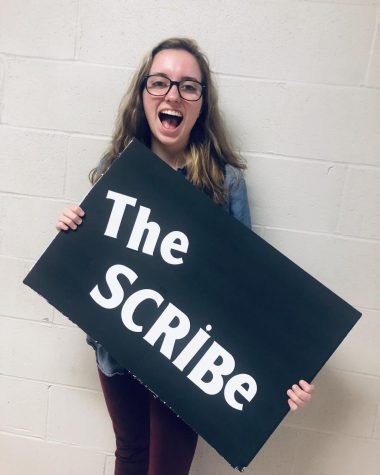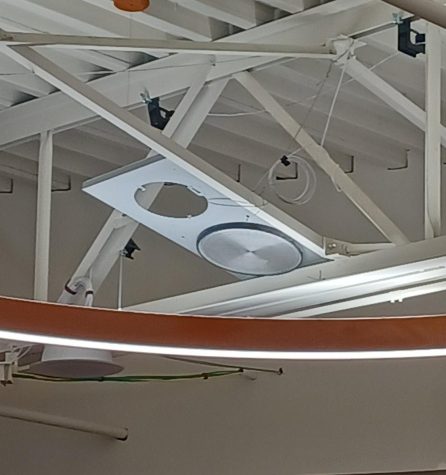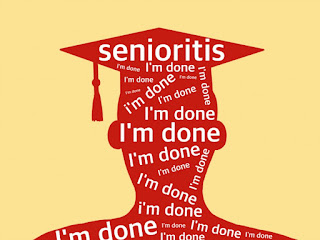South preparing for the ACT
October 1, 2019
“That’s the hardest part, I think all kids have, is the timing,” Jennifer Stovall, guidance counselor at Westerville South, stated. According to Stovall, time is what makes the ACT, and SAT different from any other test.
According to Stovall, the ACT shows colleges the student’s ability to take tests and what prior knowledge they have.
“[guidance has] noticed that students who take more rigorous courses here, end up doing better on the ACT test,” Stovall stated.
As a college entry test, students should begin thinking about the ACT and how to be prepared.
The ACT is not free; the ACT without the essay part is $52 and the ACT with the essay is $68. Stovall mentioned that students with free and reduced lunch have access to fee waivers, more information can be found in guidance.
Even though the essay part is more expensive, it might be a good idea to take it because some colleges require it; a list can be found at PrepScholar. “You never know what your plans are going to be four months down the road, let alone a year down the road. You might want to go ahead and take it to have it available for colleges that do require it,” Stovall stated.
Stovall added, most students will become more comfortable with the ACT after more attempts and are likely to do better as a result.
Stovall added, different teachers have different expectations for answers on tests. Likewise at the beginning of the school year, students have to adjust to those new expectations. It is similar with the ACT, understanding the wording of questions can ease some of the stress, she explained.
For students with test anxiety, Stovall suggests beginning to practice as a freshman. The only issue is the cost to practice.
South does offer the PSAT to sophomores and juniors. The SAT and ACT are not the same, but they are pretty similar so even the PSAT practice is helpful when preparing for the ACT, in Stovall’s opinion.
Most colleges accept either test, but the Collegeboard website suggests that students may want to try both tests, just in case a student does better on one test over the other. Students can find what the colleges they are applying for expect on the admissions websites and on Naviance, according to Stovall.
The SAT has more reading passages, does not include science reasoning at all, and is more difficult for math because there are different rules about calculators.
South also offers the SAT to juniors for free. Since the tests are similar, taking the SAT would also be helpful to prepare for the ACT, according to Stovall.
Mattie Cotter, a junior at South, took the ACT between his sophomore and junior year. He plans on taking it two more times to reach his goal score.
When Cotter prepared, he would prepare with his sister. They would use online materials and by going through the whole test.
For the next time he takes the test, he wants to prepare by focusing on practice tests with time restraints.
According to Cotter, “endurance, being about the push through and not space out” along with the fact that there is a time restriction was the hardest part of the test.
Westerville South guidance offers ways to prepare for this test, bootcamps and test prep sites. The guidance website will have information about the fall bootcamp soon.
The next test date is Oct. 26, 2019 and registration for that closed Sept. 27, 2019. As time goes on, more test dates will be added at ACT.org; where registration and more information can be found.














